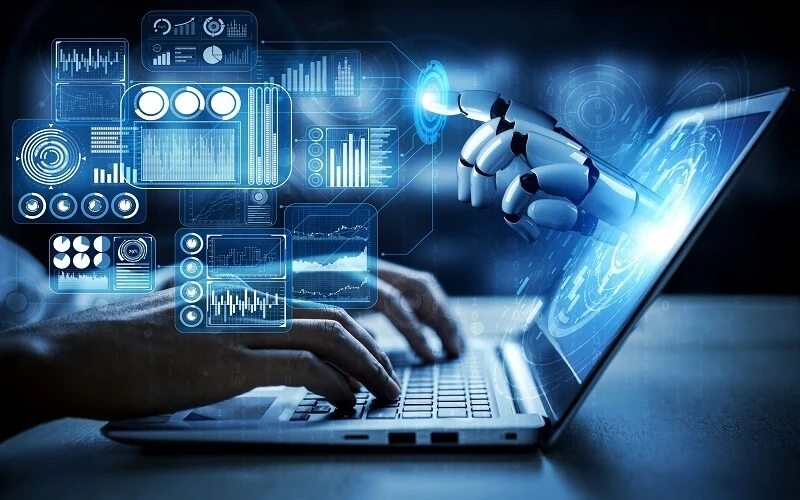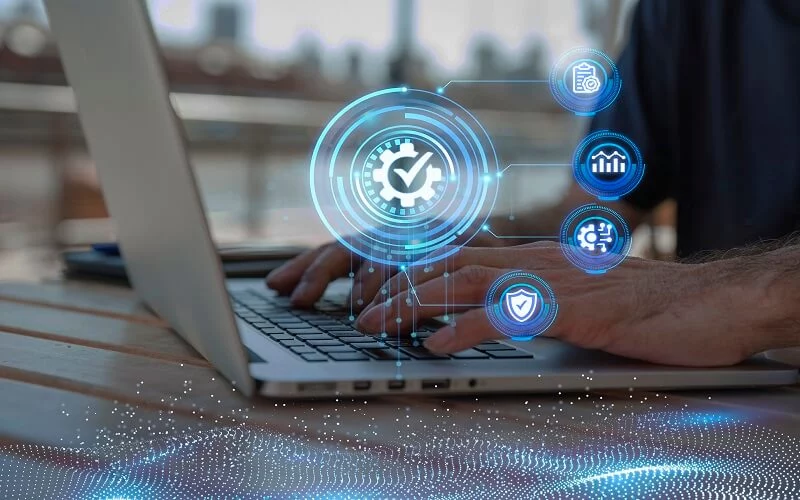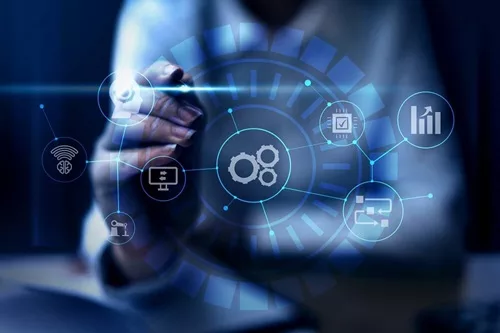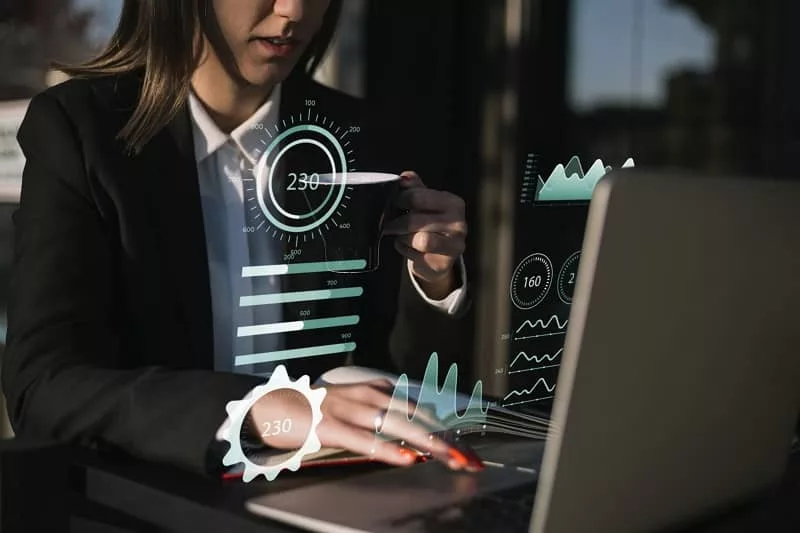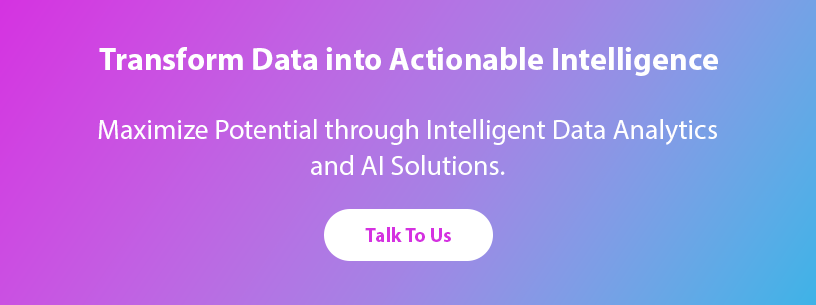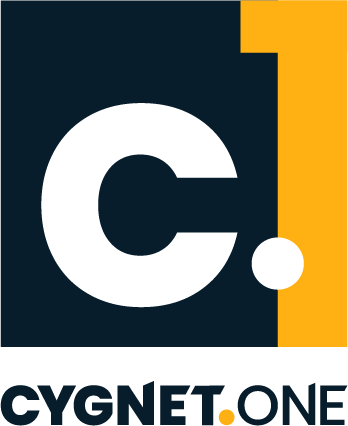The Internet of Things (IoT) has evolved from simply being a connectivity strategy to an extensive business transformation strategy. It is gradually opening new opportunities for industry leaders to create new products and services, which had previously been thought of as impossible.
In the previous article, we saw the four maturity stages of IoT namely: Data Generation and Ingestion, First Analytics, Deep Learning and Autonomous Decision Making. This IoT maturity journey has accelerated the pace of sustainable business growth including increased profitability of enterprise leaders.
Enterprise Leaders have recently come to terms with the importance of the Internet of Things for their companies.
By 2025, forecasts suggest that there will be more than 75 billion Internet of Things (IoT) connected devices in use. This would be a nearly threefold increase from the IoT installed base in 2019.
This is the ultimate turning point in ensuring that IoT technology grows up to create truly seamless, connected experiences. The diverse set of industries utilizing IoT technology are all usually at different stages of maturity. Some are in the infant stage focusing on ensuring everything is connected or integrated. Meanwhile, others are focused on developing a more integrated business model for their business operations.
Here, we share leading real-world applications of IoT across 7 super-domains to understand how IoT is impacting businesses and transforming lives:
Smart Homes
Smart Home is an advanced IoT-driven facility ruling across the globe. IoT powers the smart home by adding new features and capabilities to smart devices. Consumers are fascinated by seeing the potential of smart homes for their convenience, safety and time-saving.
The boundaries between industry leaders are blurring as the investment in smart home technology is growing. The increased need for connected assets, security systems, room control, energy management, and light control has led to the widespread adoption of Smart Homes and IoT technologies.
Wearables
Wearables adoption is growing at a faster pace. We have several wearable products such as fitness tracking brands, GPS tracking belts, smart clothing etc. These devices are continuously evolving to offer more compact and energy-efficient offerings with time.
For instance, Health and fitness-oriented wearables offer biometric measurements such as heart rate, perspiration levels, and oxygen levels in the bloodstream.
This consumer-oriented side of IoT technology will certainly impart exceptional value to our lives.
Smart Cities
IoT-enabled smart cities have a range of use cases in multiple areas. From smart lighting and smart parking to connected public transport and waste management –IoTs have led to reduced costs of energy, helped to build a healthier environment, improved traffic management, enhanced public safety and optimised street lighting.
Cygnet has helped cities get smarter in the UK and Australia by delivering a bespoke IoT-based solution to a leading UK-based ISV focused on delivering intelligent and deeply integrated Track and Public Transportation solutions to government bodies and private transport operators. These smart solutions have been tailored as per the requirements of Track Managers, Emergency Planners and the Travelling Public, which empowers them to model, monitor and control the public transportation management system. They have their systems running live across various countries in the UK and Australia.
The IoT evolution in cities helps to thwart urban crime, mitigate traffic congestion, prevent environmental deterioration and avoid sanitation problems. It can even make day-to-day living more secure and comfortable, leading to innovative solutions and a better standard of life for city residents.
Smart Grids
The Internet of Things smart grid solutions serve today’s energy demands. They have come up with a practical solution to balance out the increasing complexity of the energy distribution networks and achieve real-time visibility into the consumption process.
Internet-connected sensors and smart back-end systems can provide real-time information to create more efficient, and responsive systems.
For instance: Using IoT applications, meters and substations can be connected virtually to each other, as well as connect to company vehicles and employee devices. Such connectivity will create realized efficiencies.
According to Forbes, energy companies are turning to IoT to monitor asset performance (45%), enhance their customers’ experience (43%) and boost overall efficiency (40%).
To comply with advanced production processes, energy sectors are progressively collaborating IoT technologies with their smart grid ecosystem.
Industrial IoT (IIoT)
The Industrial Internet of Things is empowering industries with advanced sensors, software systems and programmed resources to create futuristic infrastructure. IIoT uses big data analytics to communicate with industrial data and provide more consistent and accurate results. This allows companies to effectively deal with process inefficiencies and detect problems at the earliest to leverage productivity.
Some of the IIoT applications are Remote monitoring and control of operations using network-connected sensor data, sensor-integrated machines and tools and wearable technology like industrial smart glasses, Inventory management etc.
Connected Cars
The automotive Industries are ardently looking to go with IoT to make vehicles work optimally and freely. The advanced potential of IoT has stimulated the efforts of auto engineers towards creating the in-car experience.
From automobile manufacturers to software vendors, everyone is excited about the phenomenon of the connected car. A connected car can manage its operations based on the pre-stored inputs and sensors.
Cars equipped with cameras, sensors and mobile connectivity, can share and receive data using the cloud. There are endless possibilities with that data. From location tracking, providing in-car content and services, GPS GPS-based navigations to fleet management and driver assistance, automotive IoT completely transforms the automobile industry.
Smart Supply Chain
The IoT technology offers a practical approach to take supply chain management to the next level. The logistics and transportation industry has started leveraging comprehensive IOT solutions to manage goods from anywhere, at any time, on a global scale.
Right from the manufacturing plant to the point of consumption, IoT sensors give a clear picture of how the product is being treated on a journey to the store or the customer via the entire logistics network.
Logistic providers can achieve a superior level of operational efficiency, transparency, and streamlined processes regarding fleet management, automated warehousing operations and cargo integrity monitoring.
Conclusion
IoT enables smart homes by adding new features and capabilities to smart devices, while it enables wearables to offer biometric measurements such as heart rate and oxygen levels in the bloodstream. IoT solutions in smart grids can balance the increasing complexity of energy distribution networks and provide real-time information to create more efficient systems. Finally, IoT empowers industries with advanced sensors, software systems, and programmed resources to detect problems at the earliest and leverage productivity.
The IoT field is dynamic. Organizations need to pick up pace and must move forward to keep up with competitors who are ahead in terms of their IoT implementation. To start your IoT implementation journey, get in touch with our IoT experts at Cygnet Digital.

